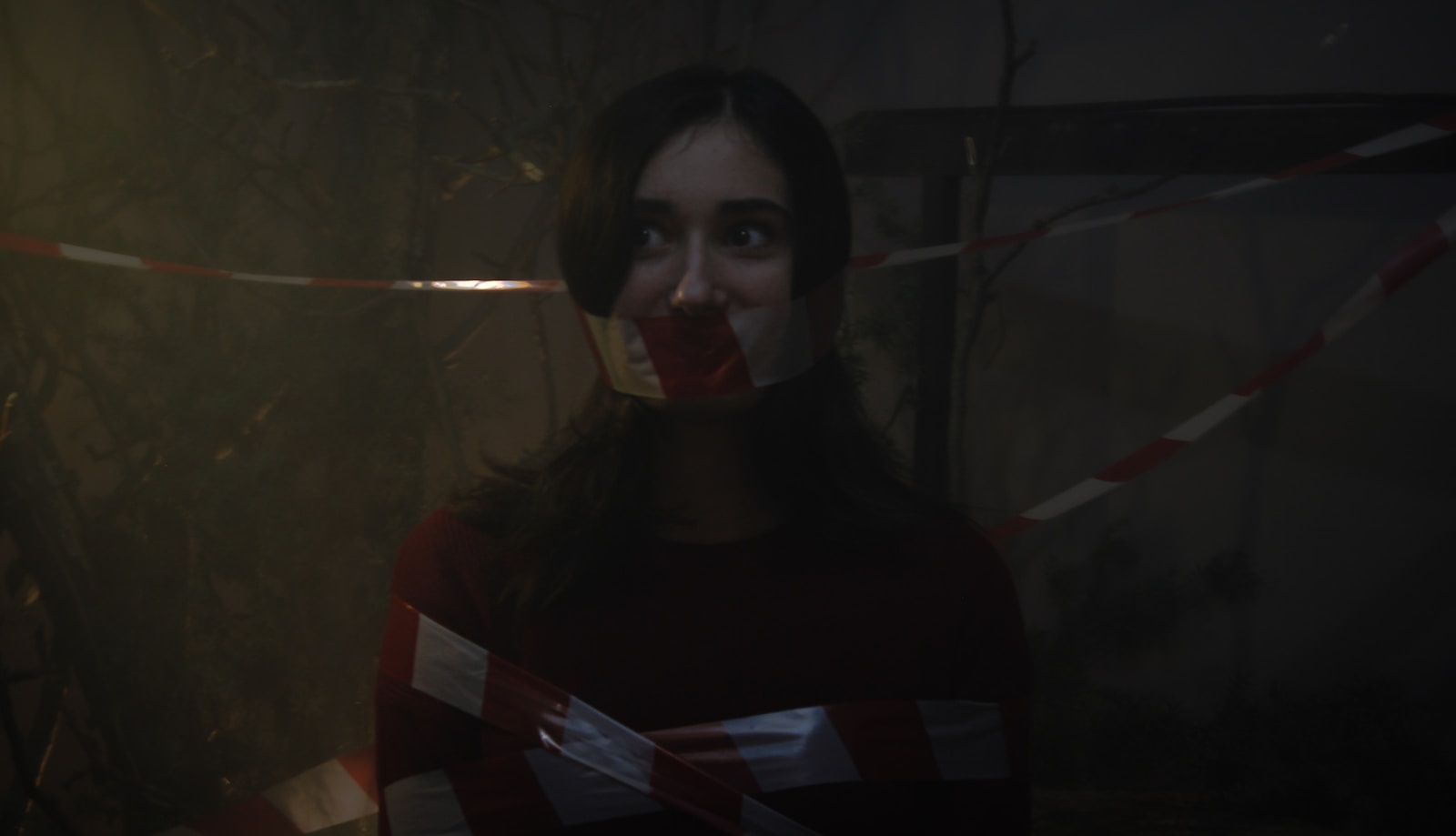
## Introduction
True crime documentaries have captivated audiences around the world, shedding light on the darkest corners of human nature. In two new compelling documentaries, “Great Photo, Lovely Life” and “The Truth About Jim,” we witness the profound stories of two women on a mission to uncover the dark pasts of their families. Through their relentless investigations, these women strive to find closure, healing, and ultimately, the truth. In this article, we will delve into the intriguing narratives of these documentaries, exploring the themes of intergenerational trauma, forgiveness, and the devastating impact of abuse.
“Great Photo, Lovely Life”
In the gripping documentary “Great Photo, Lovely Life,” photojournalist Amanda Mustard embarks on a deeply personal journey to unravel the secrets hidden within her own family. The story begins with a chilling interview between Mustard and her grandfather, Bill Flickinger. As the conversation unfolds, Flickinger reveals a dark past, hinting at his involvement in disturbing activities.
The documentary takes its name from a caption on the back of a family photo, which becomes a haunting symbol of the facade that concealed the truth. Mustard meticulously examines hundreds of photos and family videos in her quest to expose her family’s secrets. Alongside co-director and cinematographer Rachel Beth Anderson, Mustard reaches out to potential victims of her grandfather, hoping to shed light on the extent of his crimes.
Uncovering the Truth
Throughout her eight-year filming process, Mustard’s investigation leads her to Bonnie, a woman who was victimized as a patient at the chiropractic practice where Flickinger worked. Together, they confront the owners of the clinic, devout Christians who emphasize the importance of forgiveness. However, the weight of Flickinger’s actions proves difficult for Bonnie to forgive, leaving her feeling sickened by the encounter.
In a pivotal moment, Mustard poses a question to her grandfather about whether he believes God has forgiven him. Flickinger responds with an unsettling affirmation, claiming that all sins can be forgiven except blasphemy of the Holy Spirit. This conversation highlights the complex dynamics of forgiveness and the profound impact it has on those affected by abuse.
Intergenerational Trauma and Healing
As the documentary unfolds, it is revealed that Mustard’s mother, Debi, and half-sister, Angie, also experienced abuse at the hands of Flickinger. However, their responses to the trauma differ significantly. Debi confronts the role she played in her daughter’s abuse, leading to a fractured relationship with her daughters. In contrast, Angie chooses to distance herself from the family, seeking solace and healing outside of their circle.
“Great Photo, Lovely Life” explores the notion that healing does not necessarily rely on forgiveness alone. The facade of smiling family photos can mask a darker truth, perpetuating a cycle of abuse. By exposing the secrets buried within her family, Mustard aims to break this cycle and bring hope to her loved ones.
“The Truth About Jim”
In the docuseries “The Truth About Jim,” Sierra Barter embarks on a two-year investigation into the dark past of her step-grandfather, Jim Mordecai. Barter suspects that Mordecai, who had a history of sexual assault, may have been involved in a series of unsolved murders.
Barter’s journey is deeply personal, as she herself is a survivor of sexual assault. Motivated by her own experiences and a desire to uncover the truth, Barter interviews numerous women who were victimized by Mordecai. As she explores the connections between his past and a string of unsolved murders, the chilling possibility that Mordecai may have been a serial killer emerges.
Unveiling the Evidence
Barter’s investigation uncovers a range of disturbing evidence, including Mordecai’s history of sexual assault, threats, possession of weapons, and even a box containing potentially incriminating jewelry. She draws eerie parallels between Mordecai’s actions and the unsolved Santa Rosa hitchhiker murders, a series of killings in the region where Mordecai grew up.
With the assistance of a private investigator and other experts, Barter compiles a mountain of circumstantial evidence, including maps, eyewitness accounts, and even Mordecai’s DNA profile. Her meticulous research sets her investigation apart from the work of amateur sleuths, garnering the attention of experts and authorities.
A Family’s Reckoning
“The Truth About Jim” also delves into the impact of Mordecai’s actions on Barter’s family. Her mother, Shannon, and grandmother, Judy, join her in the quest for answers. Throughout the docuseries, their strained relationship begins to heal, as they confront the painful truth together.
In the final episode, Barter shares the results of her investigation with her family at a small reunion. Expressing her gratitude for their courage in making the world safer for her, she acknowledges the importance of their support. The documentary highlights the power of unity and the potential for healing that can arise from unveiling the truth.




